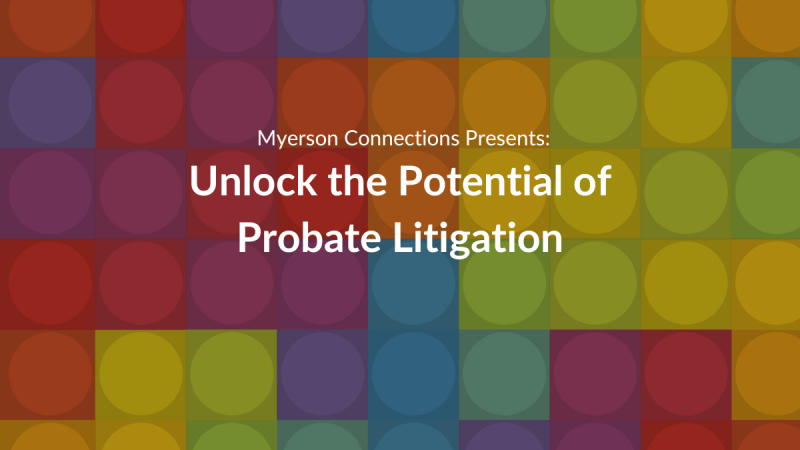Claimants who wish to bring a claim under the Inheritance Act must do so within six months of the date of the Grant of Probate or Letters of Administration.
If the Grant has been extracted, the six-month date by which to bring a claim can be easily calculated.
In circumstances where details of the date are not known, an application can be made to the Probate Registry for a Standing Search (Rule 43 of the non-contentious probate rules “NCPR”) requiring the Probate Registry to notify if a Grant is issued.
In addition, searches of the register can be made using the search probate records for documents and wills (England and Wales) feature on the government website.
The entry of a caveat under Rule 44 NCPR is not appropriate in standalone claims under the Act.
The bringing of a claim requires the issue of a claim with the Court.
A claim under the Act is not classed as a Probate claim, and, as such, claimants should use the Part 8 procedure available under the Civil Procedure Rules “CPR”.
The six-month time limit will not be met until the Court receives the claim.











